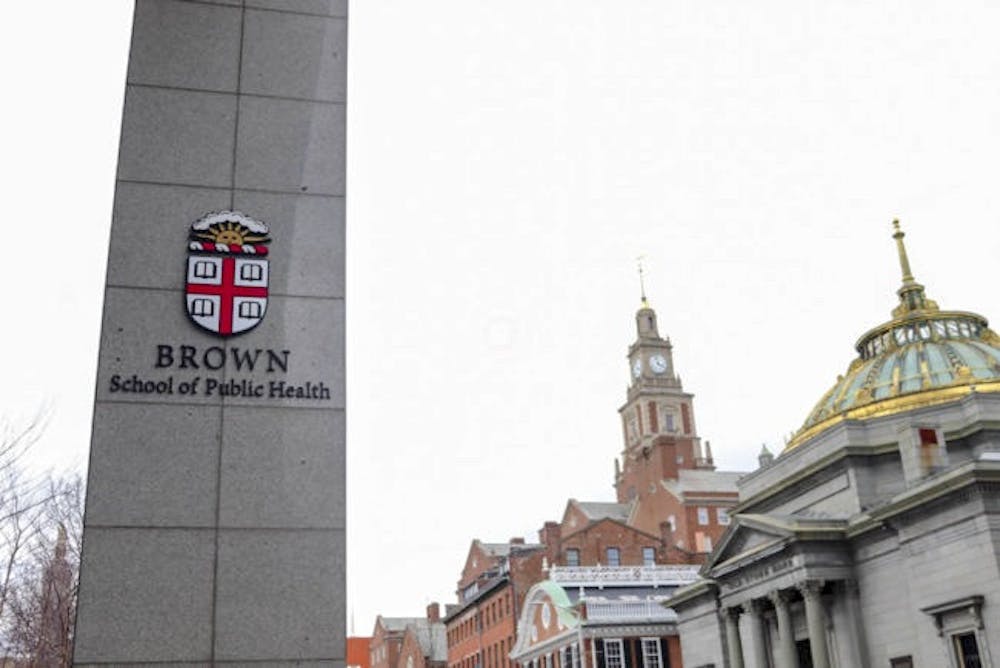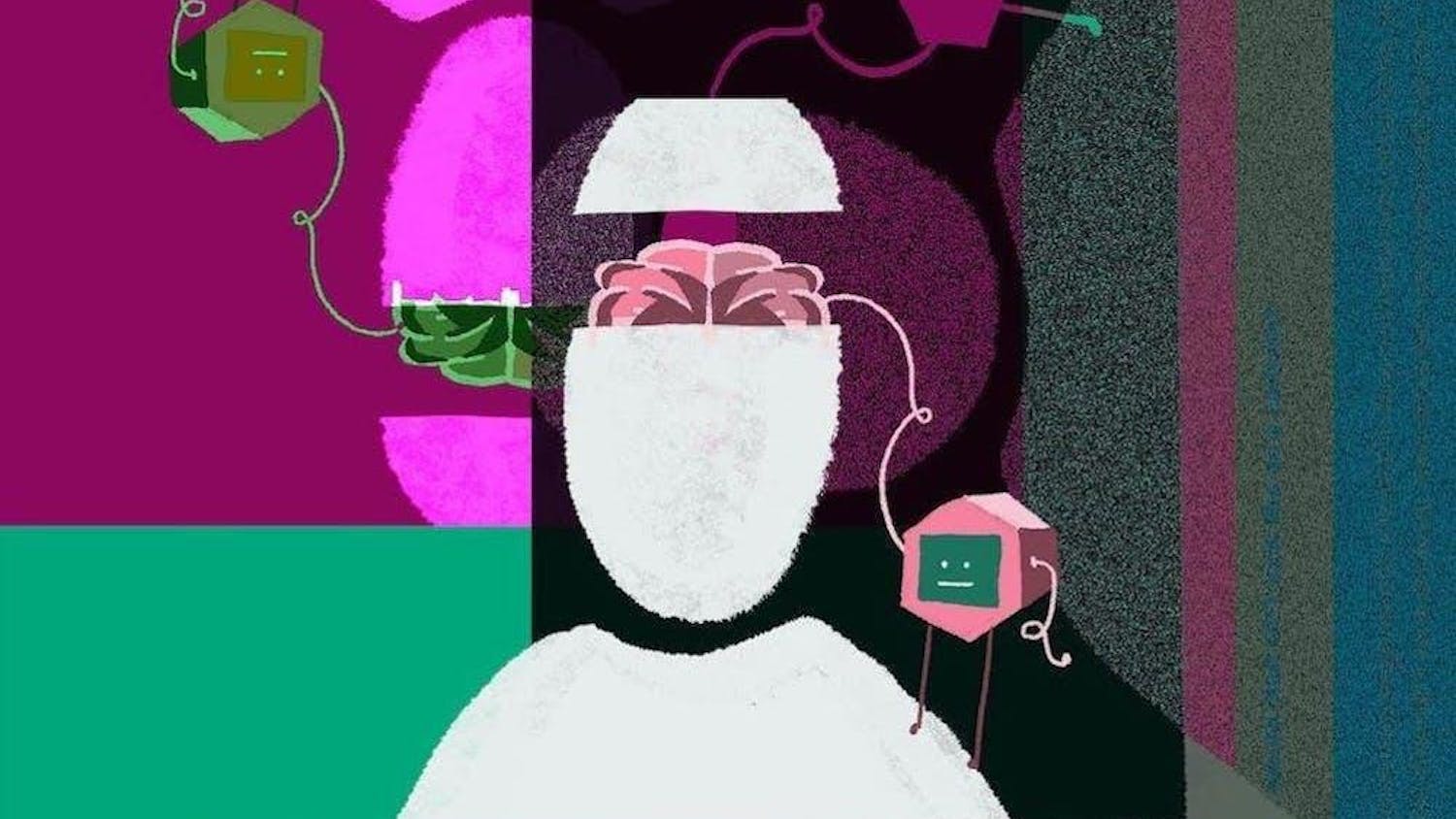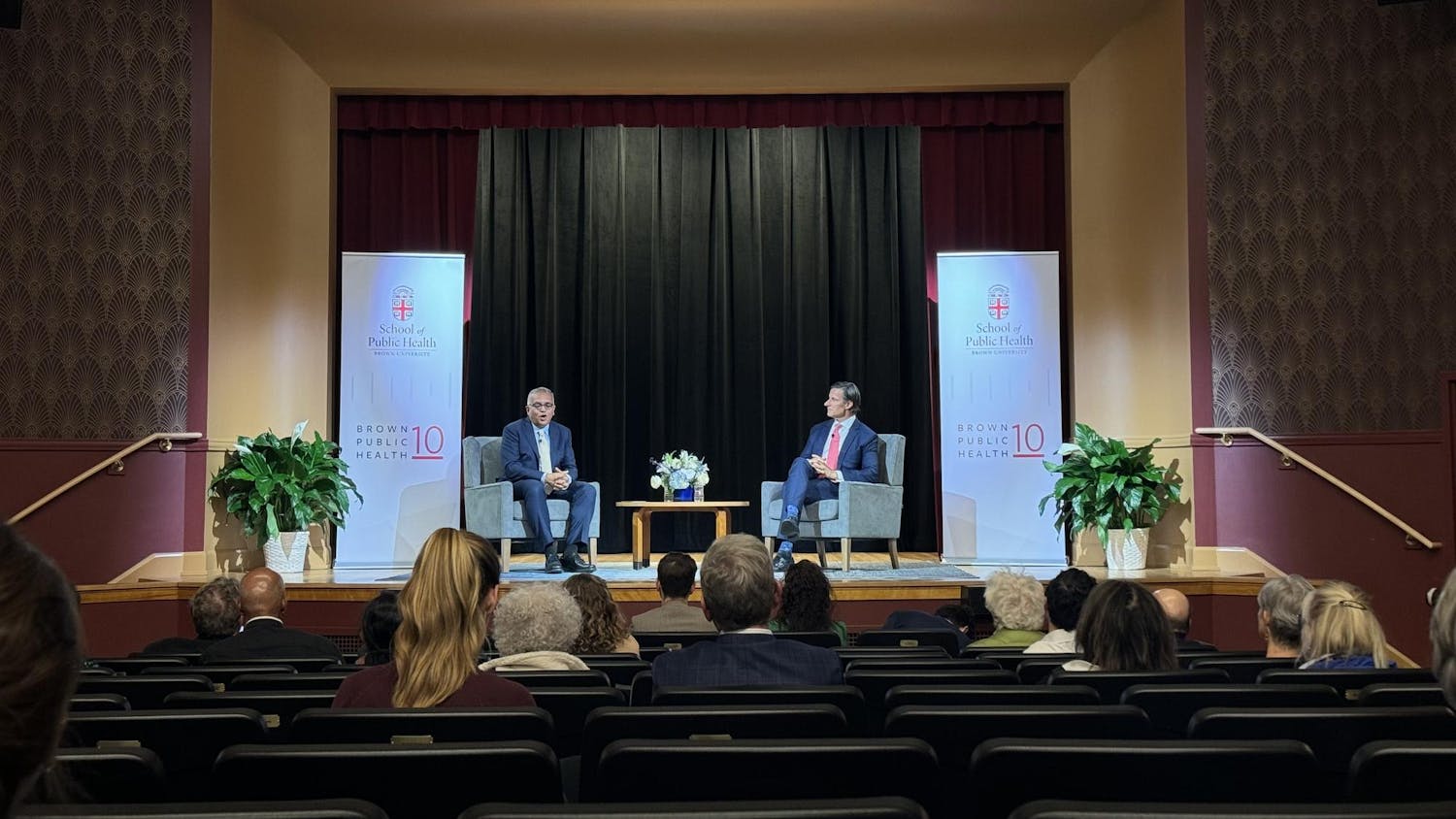As substance abuse permeates the national conversation and Rhode Island continues to battle the opioid crisis, the University will further advance research into the connection between substance abuse and chronic illness using a $12.5 million grant from the National Institute of General Medical Science.
The grant will establish the Center for Addiction and Disease Risk Exacerbation, said Peter Monti, the director of the center of alcohol and addiction studies, distinguished professor of alcohol and addiction studies, professor of behavioral and social sciences and the leader and principal investigator of the CADRE.
The CADRE will be part of the Center of Alcohol and Addiction Studies, the longest-standing of the School of Public Health’s 13 research centers, said Dean of the School of Public Health Bess Marcus. The National Institutes of Health also classifies the CADRE as a Center of Biomedical Research Excellence for its NIH-funded support of biomedical researchers.
Among the advancements to come with the grant are research laboratory renovations, a new clinical laboratory and a full-time research nurse that will perform physical examinations and ensure proper care of study participants who may be subject to drugs, Monti said.
The lab will specifically allow for the processing and storage of biosamples on-site, said Jennifer Tidey, professor of behavioral and social sciences and psychiatry and human behavior. Tidey will serve as the core director of the clinical lab, overseeing medical supplies and equipment, providing medical and data management support and assisting junior investigators. She will also personally mentorone of these researchers.
The grant will fund multiple research projects examining correlations between substance use and chronic disease, Monti said.
The CAAS “has done amazing work at trying to find treatments for alcohol and tobacco and other substance use, but this center takes it a step further because we’re really focusing on how treatments can affect disease and what the mechanisms are,” Tidey said.
The new center will also enhance the aims of the School of Public Health by bettering health equity and addressing addiction, mental health and resilience, Marcus said. To accomplish these goals, the school has been collaborating with Rhode Island’s governor’s office and health department. New strategic plans for the School of Public Health include more addiction programming for students and the community, Marcus said.
“This new center fits exactly into the mission of the school,” Marcus said. “What we really want to do to address the global challenges in addiction is train many, many young scientists who are passionate to go out to communities all over the world and make a difference.”
The effects of the grant will last for the upcoming decade and a half and will provide funding for four studies over five years. After two years, some researchers may split off from the original group and apply for independent grants, which will open up funding for a new set of researchers, Monti added. Based on the investigators’ performances over the next five years, the CADRE may renew the grant for two more five-year periods. Monti hopes that after 15 years, the center will sustain itself.
Researchers will investigate alcohol, marijuana, opioids and smoking, said Assistant Professor of Behavioral and Social Sciences and Assistant Professor of Psychiatry and Human Behavior Carolina Haass-Koffler. Haass-Koffler will focus her research on opioid use and the effects of oxytocin on stress responses in people receiving treatment for opioid addiction. Assistant Professor of Behavioral and Social Sciences Elizabeth Aston will study how cannabis affects inflammation, mood and pain. A third researcher, Assistant Professor of Behavioral and Social Sciences Mollie Monnig, will research the connection between alcohol, HIV and inflammation, according to a University press release. The fourth project is still awaiting final approval, Monti said.
In addition to these four studies, the grant will provide $50,000 annually for a pair of pilot projects, according to the press release. This funding is specifically intended for postdocs who identify as and intend to dedicate their research to underserved minorities, Monti explained. These groups are often underrepresented in biomedicine, and researchers for the pilot projects are being actively recruited, Monti added.
The influence of the CADRE’s research will extend beyond the School of Public Health and throughout the state. “Addiction and addiction-related problems are off the chart in the state of Rhode Island,” Monti said.
Haass-Koffler will conduct her study on people from a clinic who are in treatment and are stable on buprenorphine, an opioid replacement therapy medication. She will subject these individuals to stressors, which include drug cues — images, videos and objects they associated with the drug while they were using it. An oral medication called Yohimbine will also be administered in safe doses to the individuals to increase the stress response. She will then examine their ability to deal with the urge to use opioids again after experiencing the stress. Haass-Koffler will specifically investigate if this reaction decreases more for those who are also given oxytocin, a stress-related hormone, compared to participants who take a placebo instead, she said.
Although the junior researchers will be investigating addiction from different angles among different participants, the researchers want to collectively establish a database that would help explain the onset of various disorders, Haass-Kofflersaid. “We (are) trying to create a team effort in order to have a better understanding” of how to overcome different disorders and outcomes, she added.
The new funding for these research projects will help promote budding researchers from the School of Public Health to the next stages of their careers, such as from postdoc to junior investigator, Monti said. The grant will help ease this otherwise challenging transition for researchers, both Monti and Marcus said.
A number of people have already expressed interest in contributing to these projects, and the grant will generate employment opportunities for students and others in the community, Monti and Marcus agreed.
“The core mission of this school is to advance science and train tomorrow’s leaders, and this grant really addresses both of those,” Marcus said. This grant is “kind of like planting the seed so it can bloom all over, and we will have more capacity to address the many addiction-related challenges here in Rhode Island and nationally and globally,” Marcus added.
“We are all very excited. We really are looking forward to start(ing) this big adventure all together,” Haass-Koffler said.





